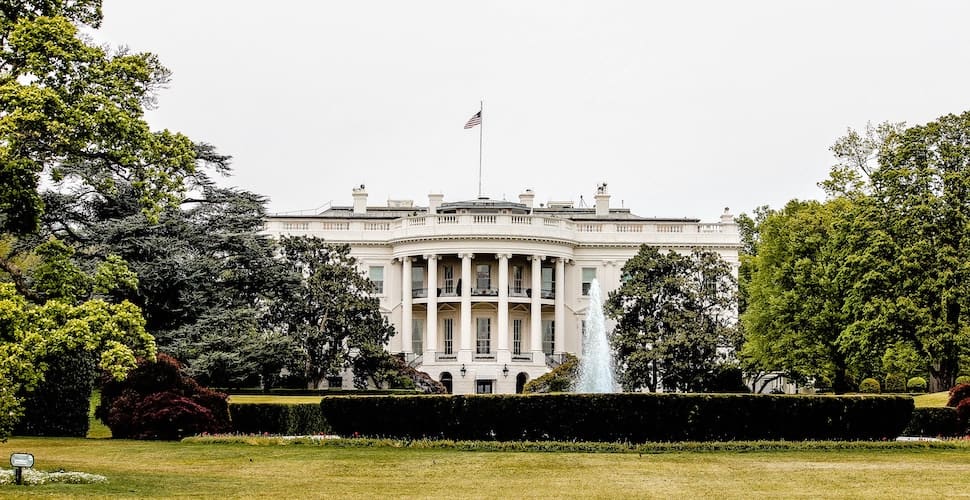Despite ostensibly prioritizing fighting human trafficking, the Trump administration’s hardline stance on immigration is actually making the task more difficult, victim advocates and counter-trafficking lawyers say.
As reported in TIME this week, policy changes have increased barriers to victim protection, complicated investigations into trafficking networks, and warped Americans’ perspectives of what the problem looks like.
Experts say these harms will be hard to reverse.
In 2000, Congress passed the Trafficking Victims Protection Act, establishing a framework of understanding that law enforcement must protect and collaborate with survivors, rather than imprison or prosecute them, in order to prevent future trafficking.
A crucial tool in this effort was the creation of the ‘T visa’, which—in an effort to encourage victims to cooperate with local, state, and federal law enforcement officials—allowed non-citizen trafficking victims who were assisting an investigation to remain in the U.S. for a period of time with work authorization and benefits,
However, in November 2018, the Trump Administration announced that people denied a T visa may be issued a notice to appear in immigration court, beginning deportation proceedings—a move that has seriously harmed victim cooperation with law enforcement.
The Administration has also made it harder to apply and receive T visas, with applications being judged more strictly, and fee waivers on necessary supplemental documents now routinely denied.
Advocates highlight that the proof is in the numbers, with the processing time for T visas growing from an average of 7.9 months in 2016 to a current estimate of up to 2.4 years.
The number of denials of T visas is now also at its highest in history, with the lowest number of approvals in a decade.
Commenting on the affect the Trump administration’s immigration agenda was having on counter-trafficking efforts, Jean Bruggeman, executive director of Freedom Network USA, told TIME:
“What we’ll see is a decade of lost ground in addressing human-trafficking in the United States…we’ve got at least four years, if not eight, of harmful policies that are making it easier for traffickers, pushing survivors further into the shadows and causing service providers who are most likely to be able to identify trafficking victims to not trust federal agencies.”
As well as policy changes, the administration’s rhetoric around immigration and human trafficking has distorted the national conversation on both issues.
Advocates say the continual painting of immigrants as criminals and gang members, combined with dramatic narratives about child sex trafficking—which are often conspiratorial—make the prevention of human trafficking more difficult.
TIME reports that experts are worried that the current narrative on child sex trafficking in particular, warps how people understand human trafficking, making it harder for people to identify and prevent:
“Emphasis on child sex trafficking occurs at the neglect of human trafficking at large and human trafficking as defined as a more complicated sociological phenomenon,” said Kathleen Kim, Loyola Law School, Los Angeles.
Sign the My Story, My Dignity pledge and commit to representing survivors’ experiences with accuracy and dignity.







Freedom United is interested in hearing from our community and welcomes relevant, informed comments, advice, and insights that advance the conversation around our campaigns and advocacy. We value inclusivity and respect within our community. To be approved, your comments should be civil.